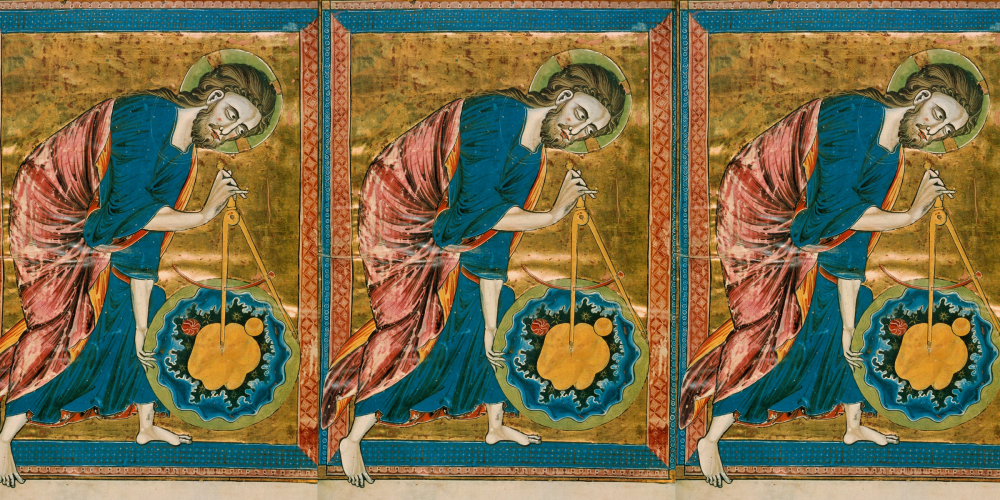
Did the National Science Teaching Association Just Muzzle … Darwin?
What happens when someone tries to present to the National Science Teaching Association (NSTA) Charles Darwin’s top arguments against his own theory? Herman Bouma, founder of the National Association for Objectivity in Science, knows from personal experience. As he relates to host Casey Luskin on this ID the Future, he recently had a poster presentation on the topic accepted for an NSTA conference, but then a defender of Darwinian orthodoxy rushed in and spiked it. Bouma describes the censored presentation and the Kafkaesque back and forth he says he had with the organizer, who ultimately shut him down. Bouma warns of what has been described as the “Censorship Industrial Complex,” but he also says he hasn’t given up trying to Read More ›








